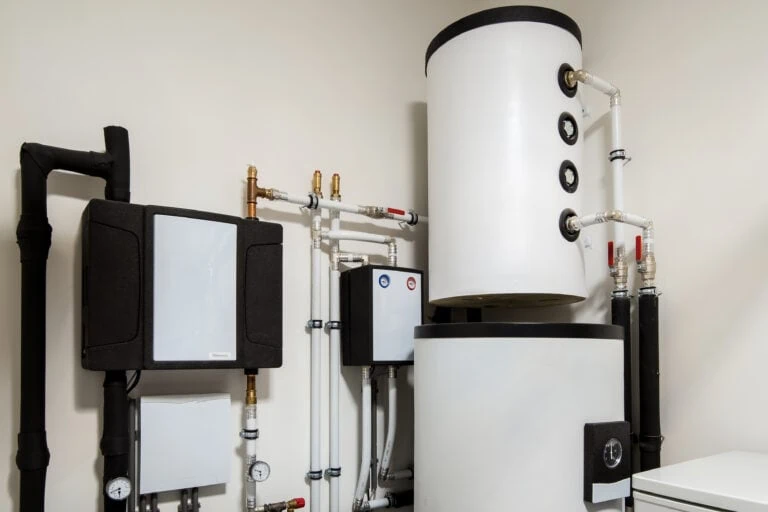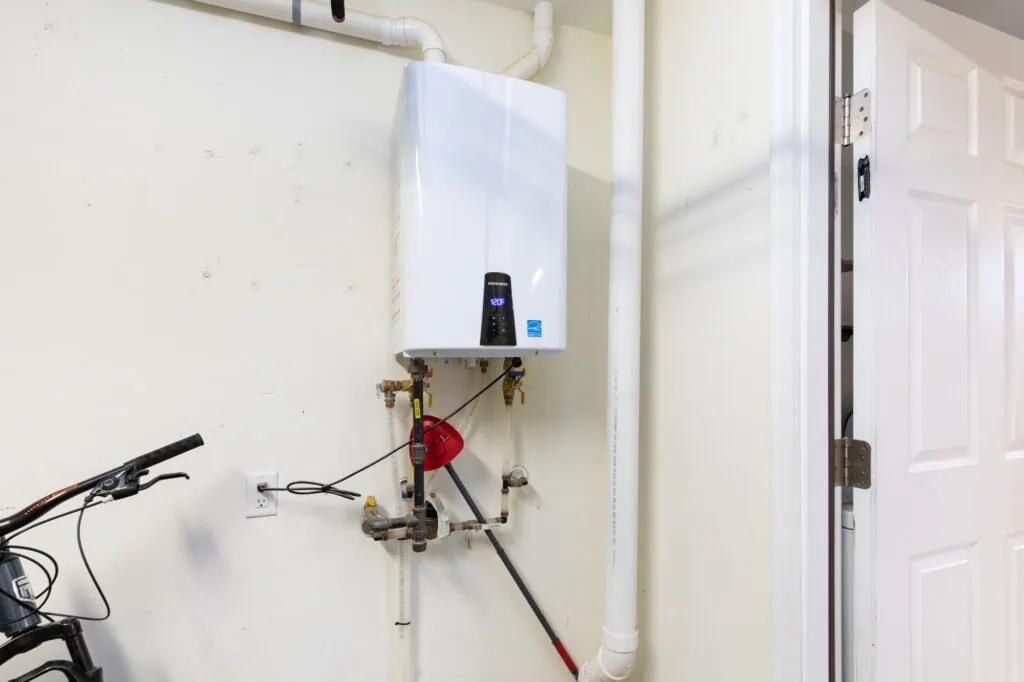Have you ever stepped into the shower only to be greeted by a burst of icy cold water? As a homeowner, you quickly learn the value of a reliable hot water system.
To ensure its reliability, it’s crucial to understand how to maintain it and prolong its lifespan. Being proactive saves you money in the long run and ensures your system is always running efficiently.
With that in mind, this article will share six essential steps to expand the lifespan of your hot water system. Delve in to learn how to keep your system in peak condition or how to fix a hot water system should problems arise.
- Conduct Regular Inspections
Begin your hot water system’s health routine by scheduling regular inspections with a certified professional. These inspections can help detect potential issues, such as leaks or malfunctions, before they become significant problems.
Regular check-ups can also ensure your hot water system is operating efficiently, which may contribute to extending its lifespan.
- Monitor Water Pressure
High water pressure can cause damage to your system and decrease its lifespan. This is why:
- High pressure puts more strain on the system’s components, such as valves, joints, and the water heater tank. Over time, this added stress can cause parts to fail prematurely.
- High water pressure can lead to leaks in your system. As the pressure builds, seals and joints can fail, leading to leaks that can cause significant damage if not addressed promptly.
- In extreme cases, an overly high pressure can cause the hot water tank to burst. This is especially true if the pressure relief valve (a safety feature built into systems to alleviate excess stress) is malfunctioning or blocked.
Managing the water pressure in your system is key to maintaining the system’s health and extending its lifespan.
Consider installing a pressure-reducing valve if you notice the pressure consistently running high. This minor adjustment can save your system a lot of stress and extend its life.
- Drain And Flush The Tank Annually
Sediment build-up can decrease your system’s efficiency and shorten its lifespan. This happens because a thick layer of sediment forces the system to work harder, increasing energy consumption and heat transfer.
The system has to use more energy to heat the water, as it must first penetrate through the layer of sediment. This leads to higher energy bills and puts additional strain on the system components, increasing wear and tear.
The remedy? Drain and flush the tank at least once a year. This procedure removes sediment that has accumulated at the bottom of the tank. However, if you’re not confident about doing this, don’t hesitate to call a professional.
- Check The Anode Rod
The anode rod prevents the tank from corroding by attracting corrosive elements in the water.
Depending on the hardness of your water, a good practice is to replace the anode rod every three to five years. Without the anode rod, your system is vulnerable to rust and corrosion.
Inspect it annually to determine if it’s time for a replacement.
- Insulate The Tank
Did you know that insulating your hot water tank could reduce heat loss and make your system more efficient?
A good practice when it comes to insulation is to use a specially designed hot water tank insulation blanket. These blankets typically have a high R-value (a measure of thermal resistance) and are designed to fit standard hot water tanks.
The blanket should fit snugly around the tank without any gaps. While at it, avoid covering any controls, caps, or valves. If you’re uncomfortable doing it yourself, consider hiring a professional to ensure proper installation.
- Upgrade Components When Necessary
As technology advances, certain system components may become outdated or inefficient.
Keep an eye out for technological advancements in thermostats, heating elements, or tank insulation, and consider upgrading when the time is right.
While it may seem costly initially, upgrading these components can increase your system’s lifespan and efficiency, resulting in significant energy savings in the long run.
Final Thoughts
Maintaining your hot water system can significantly enhance its overall lifespan, ensuring you enjoy reliable service for many years.
Beyond longevity, a well-maintained system operates with enhanced efficiency, translating to substantial savings on your energy bills. The steps highlighted in this article equip you with the know-how to fix a hot water system.
Should you ever feel uncertain about undertaking any maintenance tasks or upgrades, don’t hesitate to reach out to a professional. Their expertise can guarantee the job is done right, safeguarding your hot water system’s health and your peace of mind.




